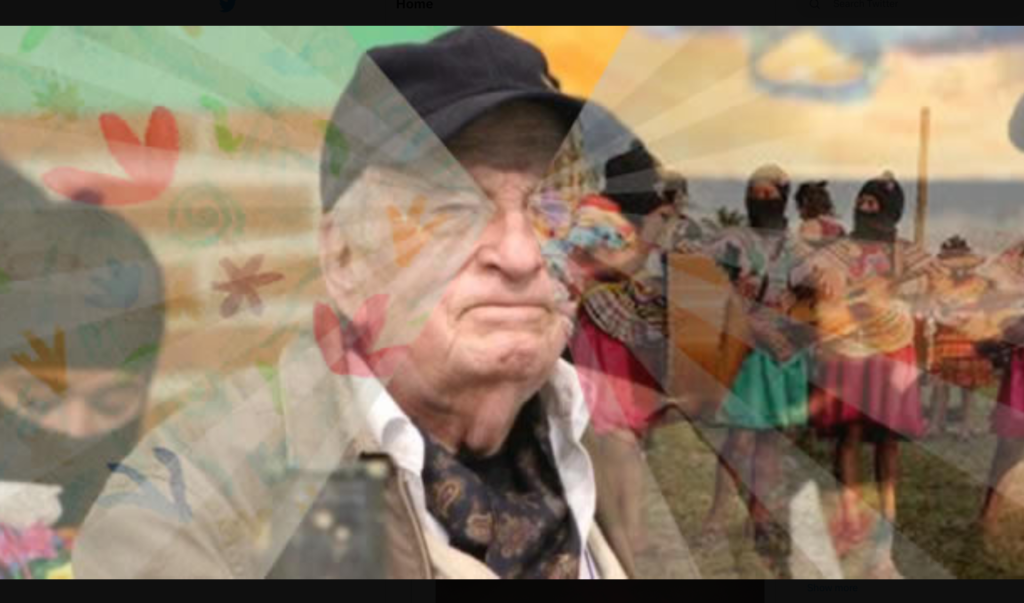
Pablo González Casanova, Prominent Mexican Political Scientist and Sociologist, Has Passed Away.
Fernando Camacho Servín y Alonso Urrutia
Pablo Gonzalez Casanova, former rector of the National Autonomous University of Mexico (UNAM) from 1970 to 1972, died on Tuesday at the age of 101, in Tlalpan, Mexico City, according to close sources.
After learning of the death of the former rector, the university confirmed his death and published an obituary in which it emphasized that González Casanova was a “very distinguished university student, a promoter of democracy in Mexico, a bastion of critical thinking and always committed to the best social paths.
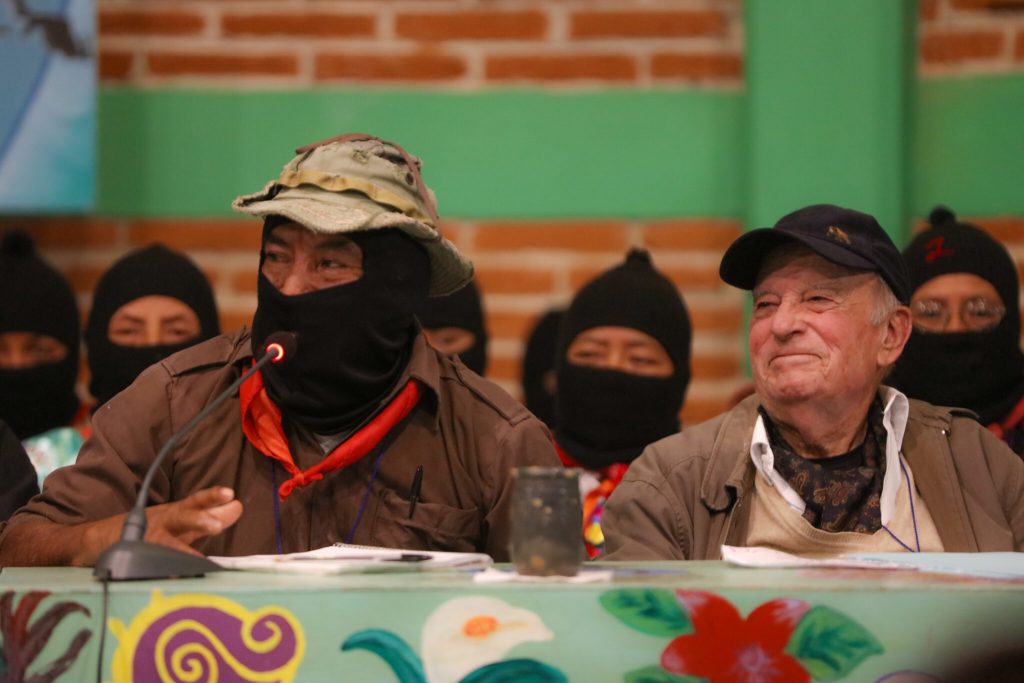
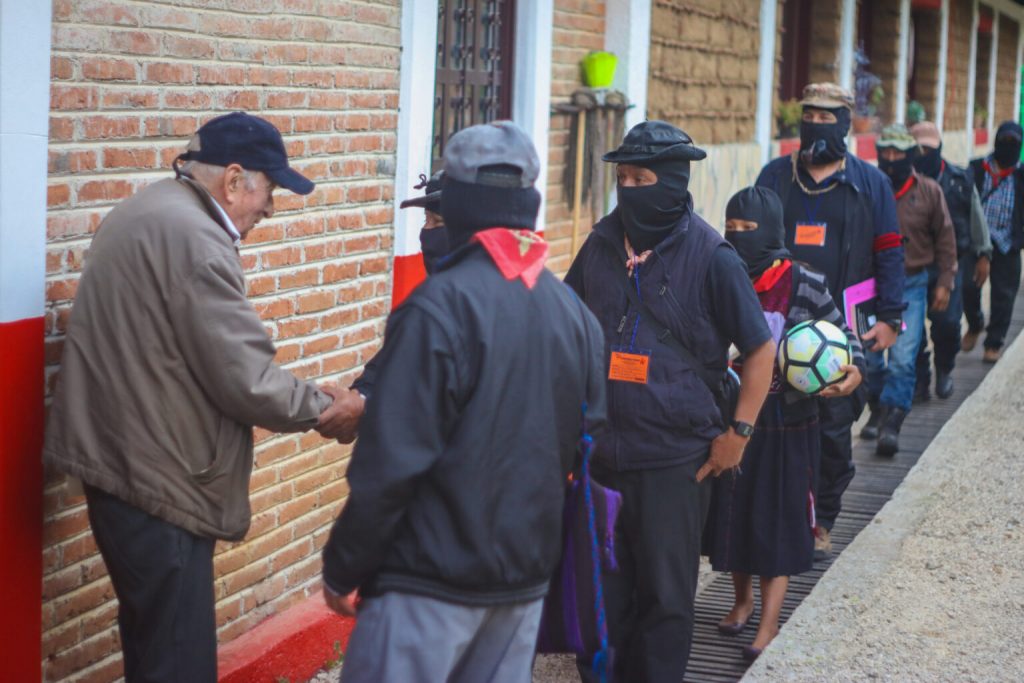
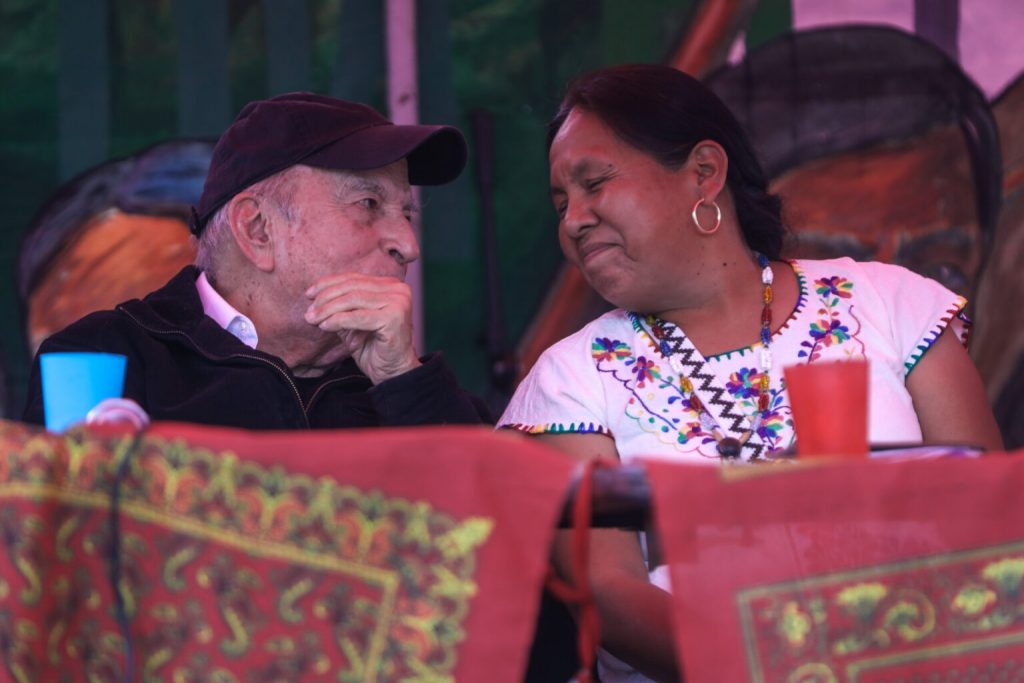
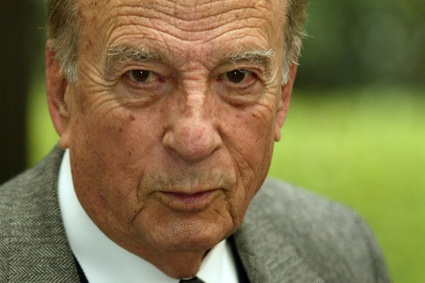
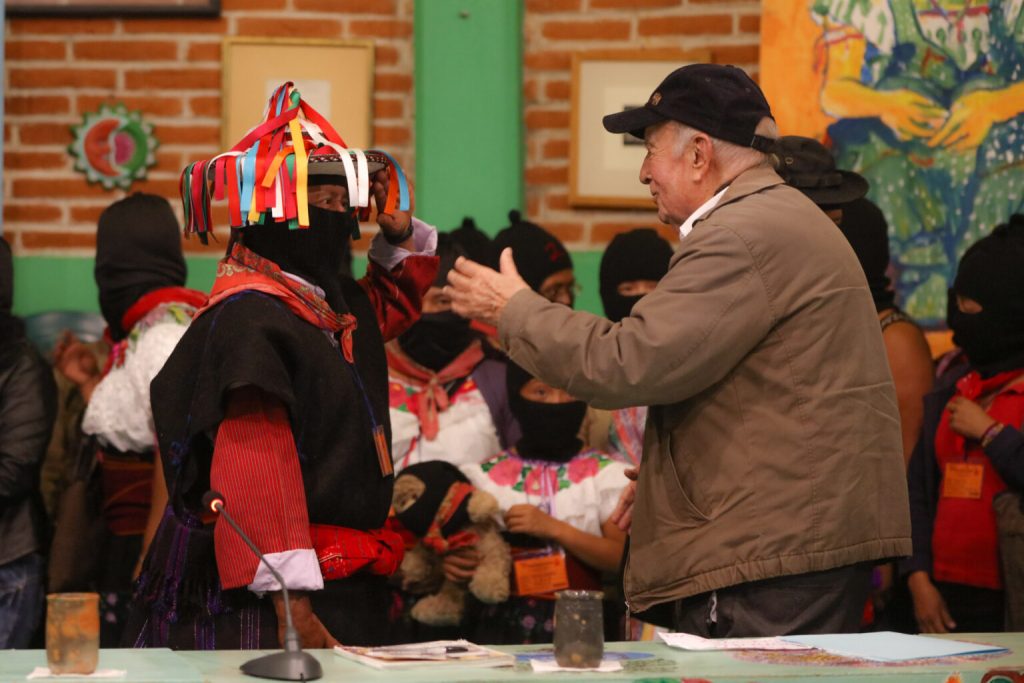
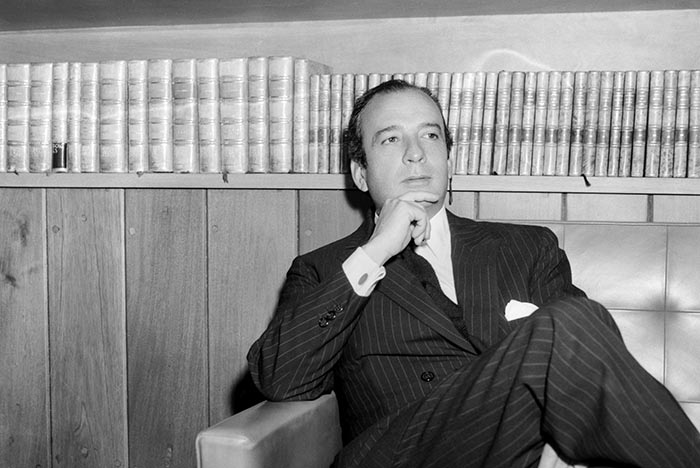
González Casanova, one of the closest collaborators of this publication, was born in Toluca, State of Mexico, on February 11, 1922. He was a sociologist, political scientist and historian, as well as a member of the Mexican Academy of Language and the recipient of numerous awards and distinctions, including the 1984 National Prize for Sciences and Arts.
In this newspaper, Don Pablo -as he was affectionately known by his friends and collaborators-, published several articles where he reflected on topics such as the Cuban revolution, the uprising of the Zapatista Army of National Liberation (EZLN), (organization that considered him as its commander), as well as many other social and political issues.
UNAM indicated that the on-site events in homage to Gonzalez Casova will be organized between today and tomorrow, so they could take place at the end of this week.
González Casanova, an Intellectual Reference Point
Pablo González Casanova, an academic with a long trajectory, whose ideals were the sign which characterized him and earned him recognition as one of the world’s leading intellectuals.
Throughout his career, Gonzalez Casanova reflected his ideals from the various fields of action in public life that began in the heart of the National Autonomous University of Mexico, where he is remembered mainly for his brief but very prolific rectorate that bequeathed to the Maximum House of Studies substantial changes such as the creation of the College of Sciences and Humanities as well as the Open University as a legacy of his rectorship.
A lawyer by training and a graduate of the Universidad Nacional Autónoma de México, González Casanova studied a Master’s Degree in Historical Sciences at the Colegio de México and later, at the age of 28, he obtained a doctorate in Sociology at the Sorbonne. González Casanova had an important promotion within the UNAM since 1953, when he began his long journey as a university student when he became general secretary of the Association of Universities.
In May 1970, he would assume the highest responsibility at UNAM before the tensions on the university campus and the political and social turmoil in the country left by the student movement of 1968 had dissipated. At the time, Gonzalez Casanova showed his support for the critical stance against the actions of the regime headed by the then rector Javier Barrios Sierra. In the midst of this situation and the arrival to power of Luis Echeverría, González Casanova undertook his rectorship with a transforming vision of UNAM.
He undertook his rectorship with a transformative vision of UNAM that soon confronted him with the status quo and precipitated his resignation as rector.
In parallel to his career as a university official, González Casanova developed another fundamental aspect as a political scientist that led him to write one of the most influential books in the analysis of the Mexican political system: La democracia en México (Democracy in Mexico). Originally published in 1965. Fifty-eight years after its first edition, his analysis remains fundamental to the political regime in Mexico.
Four years later, he would publish another book of great transcendence, Sociología de la Explotación (Sociology of Exploitation), and subsequently, El estado y los partidos políticos and La hegemonía del pueblo y la lucha centroamericana, among the 24 books of his authorship.
In the mid-1980s, González Casanova founded the Center for Interdisciplinary Research in Sciences and Humanities at UNAM, where he remained for more than a decade. As in 1968, the intervention of the Federal Police to abort the university movement resulted in Gonzalez Casanova’s resignation in protest against this police incursion.
The succession of neoliberal governments would mean a challenge not only intellectual and academic for Gonzalez Casanova, in the twilight of Salinism it placed him in a scenario that would require more than his contributions as an analyst: the uprising of the Zapatista Army of National Liberation. The conflict in Chiapas led him to get involved in various ways in favor of the Zapatista cause to the point that in 2018, as a recognition of his contribution to the cause, the EZLN honored him as Comandante Pablo Contreras of the EZLN and baptized an autonomous municipality with that name.
Original published in La Jornada on April 18, 2023. https://www.jornada.com.mx/notas/2023/04/18/politica/fallece-pablo-gonzalez-casanova-destacado-historiador-mexicano English translation by Schools for Chiapas.
For more information on our site on Don Pablo, see these translations.
https://schoolsforchiapas.org/internal-colonialism-60-years-of-a-disruptive-concept/
https://schoolsforchiapas.org/the-kids-will-know-how-to-respond/
https://schoolsforchiapas.org/don-pablo-the-congruence-of-critical-thinking/
https://schoolsforchiapas.org/internal-colonialism-and-autonomy/
